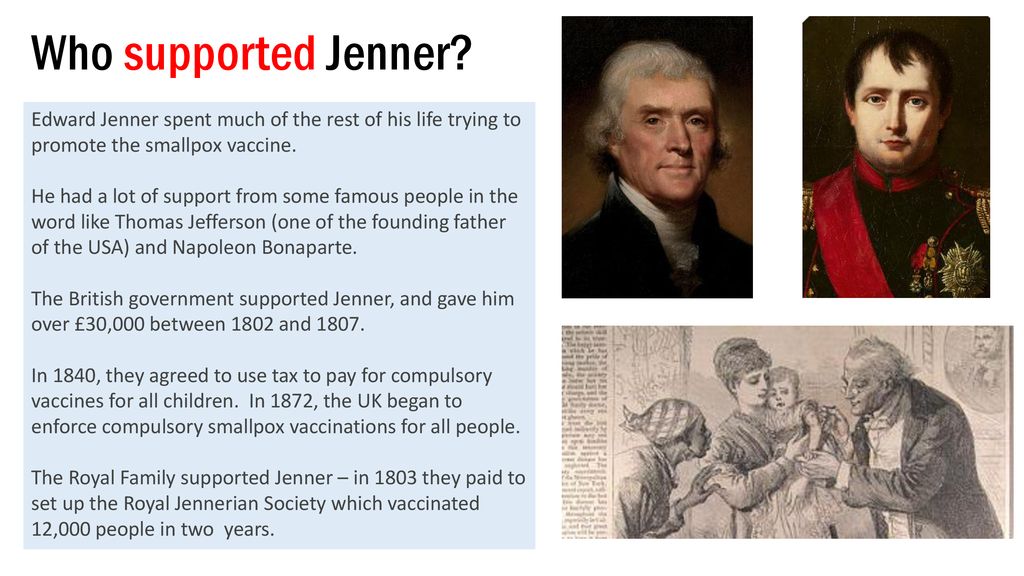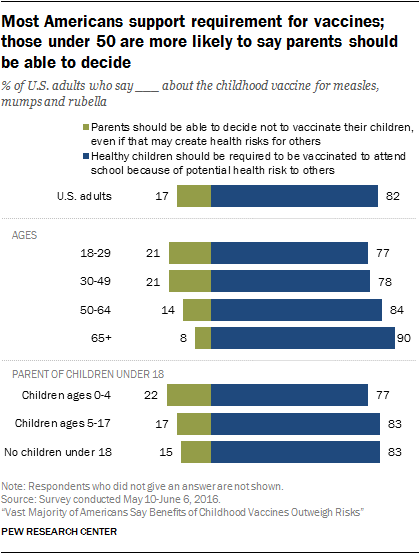
George Washington was considered a great military leader by many. Did you know he was also a proponent for vaccine use and his controversial medical actions were likely an important factor that led to victory? At the time of the American revolution, 90% of deaths in the continental army were caused by disease. That disease was smallpox. Smallpox was a devastating disease that killed 30% of those who contracted it. Smallpox is caused by a virus that belongs in the Poxvirus family. Because the only host for this virus was humans, eradication was made possible with a worldwide vaccination program. Smallpox was officially eradicated in December of 1979. Unfortunately, the birth of this country was about 200 years shy of reaping the benefits of this. Washington spoke of how important it was to take measures to protect the army from this disease, expressing his concerns in letters to the third Director General of hospitals of the Continental Army, Dr. William Shippen Jr. At the time, a "vaccination" was the process of giving an individual a less deadly form of the disease. It was practiced by British troops and gave them an advantage in the war. Vaccination was controversial due to the fear that it would actually cause illness and was prohibited by the Continental Congress. Washington, however, was willing to take that risk and ordered his commanding officers to oversee mass inoculation of their troops. Kudos to Washington and his disobedience. Following the rules isn't always the best option. The ensuing protection and immunity of those soldiers was crucial as they were able to win critical battles that led to independence.
| Smallpox virus |
| A victim suffering from Smallpox. |
Thomas Jefferson, another founding father, also supported vaccination. He was a proponent of the studies by Dr. Benjamin Waterhouse who first introduced vaccination to the United States. Dr. Waterhouse vaccinated his whole family and even exposed them to infected patients to prove his confidence in the method. Jefferson went so far as to conduct his own trials and even made improvements to Dr. Waterhouse's methods which had some flaws. Leave it to Jefferson to doubt the guy who exposed his whole family to smallpox (I kid). His improvements made vaccine attempts in Washington, Petersburg, and Richmond successful where they had previously been unsuccessful. So not only do we have Jefferson to thank for writing the Declaration of Independence, we have him to thank for promoting a new medical innovation that eventually lead to eradication of smallpox 200 years later.
 |
| Edward Jenner was an English physician who invented the Smallpox vaccine. He discovered that milkmaids were immune to smallpox so we scraped cowpox blisters from their hands (which they contracted from the cows and it was a very mild form of smallpox) and used the scrapings to inoculate an 8 year old boy who then developed immunity to smallpox. |
Pretty neat, right? As far as efficacy of certain vaccines, I won't get into that here but you can always reach out to me if you want to have a more in depth discussion. I love me a good vaccine discussion, though I probably know much less than you think I might. That's why doing your own research is so important! The fact is, over the course of history, diseases have always been around and will continue to be around. Medical interventions have greatly decreased the number of deaths caused by certain diseases, vaccines being one of those interventions. Acceptance of vaccines in society is not a new controversy as is evidenced by events of the past. So be diligent, don't believe things just because it is the popular opinion, and be open to new possibilities and findings. To bring this all back to relevancy, we are still learning a lot about this novel virus in our midst and it will be a steep learning curve to determine the best methods to prevent death and disease. In the end, nature is gonna do what it's gonna do and we have to be smart to keep oursleves and our society healthy.
Thanks for reading!












